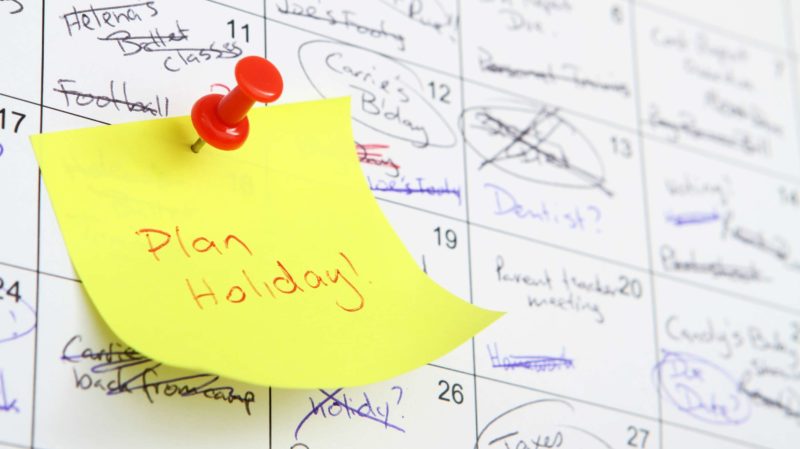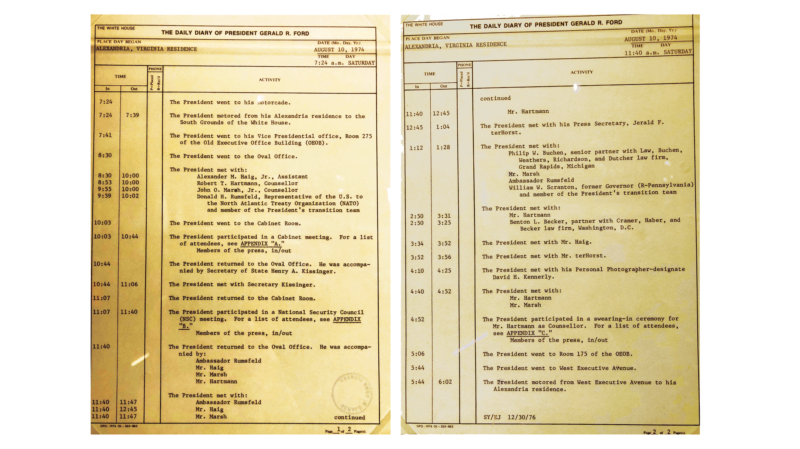
Our old time management rule book can be tossed out the window.
It was written during a “simpler” time – the era of old when many of us had a commute, a dedicated workspace, and clearer boundaries around our home life. Sure, we were still pressed for time then. But our worlds were more modular – blocking time for events was easier.
Fast forward to today, our boundaries are blurred, especially those for working parents with younger children in this unrelenting world of hybrid/remote learning.
We need new ways of managing our minutes to ensure we’re both meeting our commitments and managing our stress.
Time Management Best Practices for This New Era
Here are 10 effective time management practices that can help with the pressure you feel:
- Limit Meeting Times. When you run a meeting, think of how long you need … and then cut 10 minutes. I call these extra minutes “spare change.” Shortening meetings forces you, and others, to jump into the agenda and stay focused.
- Keep a List of Small Tasks. I have an ongoing list of small tasks that can be accomplished in less than 10 minutes. These items include both personal and professional activities. When I look at the list in its entirety, it’s overwhelming. But this is where the spare change comes in …
- Use Your Spare Change for Small Tasks. When you have spare change in your days, dedicate it to tackling one or two small tasks at a time. There’s nothing more satisfying than crossing these annoying little to-dos off your list. Plus, as you cross them off, they stop weighing on your mind. You feel less stressed.
- Schedule Thinking Time into Your Calendar. We all have a time in our day when our brain is best. For me, it’s early morning. This is when I block 2-3 hours on my calendar 2-3 times a week for projects and initiatives where I need a focused mind. (This time also coincides with when the house is quietest.)
- Win the Night, Win the Next Day. I used to think “win the morning, win the day.” But whenever I wake up tired from poor choices made the night prior, I start my day feeling defeated, making it hard to win the morning. When I make better choices the night prior, I wake up feeling inspired, refreshed, and ready – making me feel less stressed right at the start of the day.
- Take a Sick Day. I get it. Yes, you can work when you have a scratchy throat. Trust, though, that when you rest, relax, and rejuvenate, your priorities and tasks will still get done … and you’ll probably discover that you’ll feel better, faster, too.
- Avoid Rush Hours. You might not be commuting, but that’s not to say you don’t encounter rush hours at the grocery store, bank, post office, and any other places you frequent to complete your life tasks. No one wants to double the time it takes to do errands. The only way to avoid this is to avoid rush hours/peak times so you don’t have to wait. We shouldn’t have to wait anymore until after 5:00 to do our errands, which means we also need to …
- Bend Our Working “Rules.” We can meet our work obligations outside of the standard 9-to-5 approach. Give yourself permission to work from 6 a.m. – 10 a.m., take a break to manage your life, and then start up again at 1:00. (Of course, clear this with stakeholders first.) If you’re putting in honest hours, then your obligations to your employer are being met. Don’t feel guilty about doing laundry at noon or taking the dog for an extended walk. This is a new world we’re working in, which requires new rules.
- Plan for Connection. We’re increasingly more isolated from our colleagues. Take the time to focus on a few colleagues who you want high-trust relationships with and plan for agenda-less calls with them. We’re humans. We need to experience connection to add some lightness to our days.
- Have Some Un-Fancy Fun in Your Life. Far too often, we think of fun as big and expensive – lavish dinners, big vacations, expensive experiences. I don’t know about you, but it’s hard to plan for anything lately with all the cancellations going around. Find some simple, sustainable fun in your life that you can engage in routinely and in less than 60 minutes – card games, easy fiction reading, inspiring documentaries. Keep a list handy of what makes you smile. When you feel stressed, go to those unfancy items and start thinking, “How much time do I have and what can I do to get me back to a less stressed space?” (Sometimes it can just be a Lizzo song.)
If you are struggling with your time management, a Leadership Coach could be the right fit for you to help you focus your time and attention on building the capacity to lead your life and career right now. Check out our Year to Rise program.

















